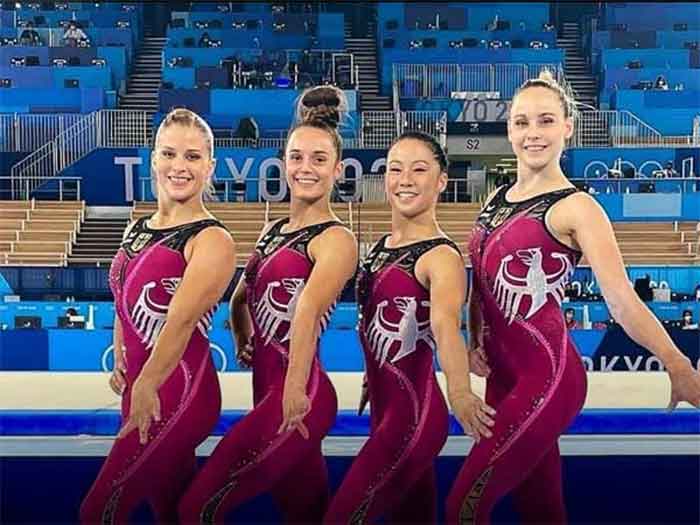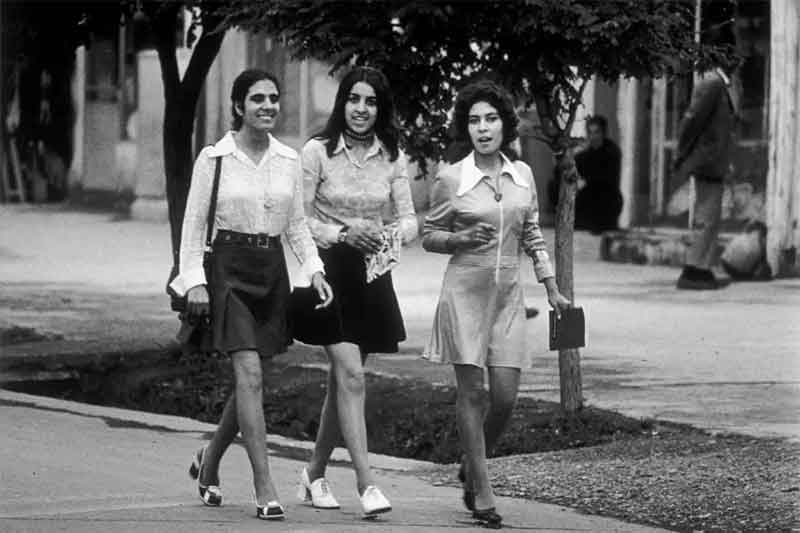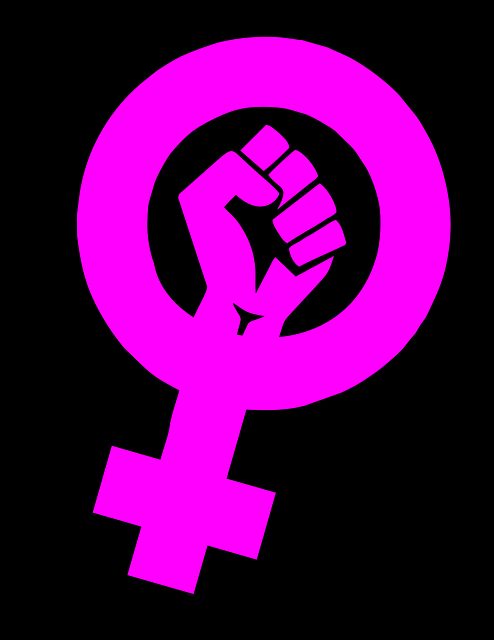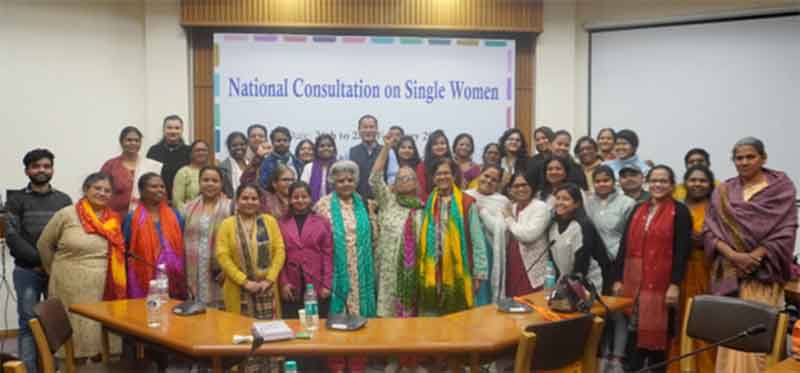German women’s gymnastics team’s stand to wear unitard once again opens up the debate on agency and choice

In Tokyo Olympics 2020, the German women’s gymnastics team decided to not wear a leotard, taking a stand against sexualization of women’s bodies. German gymnast Elizabeth Seith commented that “It’s about what feels comfortable. We wanted to show that every woman, everybody, should decide what to wear.” The idea behind this decision was to take a stand against gendered notions of how a woman’s body is expected to look. All these sportswomen were admired, rightly so, for their courage to risk their careers since taking such stands always come at the cost of being deprived of privileges. It opened up the debate around choice and agency once more. The conversation also underlines persistent gendered expectations and a patriarchal desire to control women’s bodies and their choices. The admiration, however, invited criticism from Muslim women claiming how their choice to wear a hijab has been viewed as a submission to oppressive Islamic values.
Debate on agency has been going on for a long time, usually in binaries between how liberatory politics is envisaged and the way one sees a liberated subject. More often than not, the idea of ‘choice’ borrows from western idea of liberation/progress and it usually happens in a binary relation with cultures which western liberalism considers as oppressive. In most of the cases, Islamic values are at the other end of the binary. There are usually two approaches to view Muslim women’s adherence to Islamic principles. As we have seen multiple time in the recent history the desire to save Muslim women from the oppressive chains of Islam. Muslim women’s adherence to Islamic values have warranted incessant criticism. They are viewed as naïve pawn in the overarching framework of Islamic irrationality and in urgent need of rescue thereby making it difficult to see them as liberated, conscious subjects.
There isn’t a dearth of examples globally, from unwarranted public perspective on how a liberated woman is supposed to be– to legal and policy frameworks which deny Muslim women the right to exist the way they desire. The second approach often wonders that in a historical moment such as this– when women do have access to ‘emancipatory’ possibilities—why would Muslim women continue to support something which comes at the cost of their ‘liberation’ (The reason I put emancipatory and liberation within quotes is so as to invite the reader to look at these concepts critically). Both these frameworks covertly expect Muslim women to oppose everything that Islamic praxis stands for and emerge from a kind of a reductive politics which leaves space only for a unipolar emancipatory political imagination.
However, I do not intend to speak on behalf of Muslim women, but as a woman belonging to a privileged caste and class addressing people belonging to the same caste/class locations. I recently put up a story on my social media account in the context of liberal savarnas’ admiration of German women’s gymnastics decision saying “Tum karo toh revolution, Muslim aurat kare toh oppression.” (The same action is considered oppressive if Muslim women take but revolutionary if savarna/white women do it) The reactions came primarily from men, all belonging to dominant communities claiming how my claims are ridiculous (thereby dismissing my right to hold a well-informed/researched political stance, something upper caste, cis-gender men are expert in doing) and how it’s an ‘opinion’ and not a fact. It makes me wonder our obsession with finding the ultimate truth, a fact, as if facts cannot be questioned. This brings me to my next question as to what constitutes a fact? Is a Muslim woman’s desire to wear a hijab an opinion? Is someone’s lived experience an opinion?
I have noticed this tendency in most of my savarna male friends, to get extremely uncomfortable if their privileged locations are questioned. I am not writing this only to reprimand savarna men in their failure to check their entitlement but as an invitation for a dialogue as to how to be a good ally, if and when they desire to be. The reactions from my male friends need to be contextualized in the larger politics at play, one which is Islamophobic (even though my friends would shudder at the thought of being called one), one which view Islam as oppressive and Muslim men as a hurdle in the path of societal progress.
Since savarna men seem to be worried about Muslim women’s plight- where does their obsession to rescue a damsel in distress vanish- when it comes to women in their families? Women to be truly liberated in savarna families will require annihilating caste, something which Ambedkar propounded. It is through a tight control over women’s sexuality that caste purity is maintained. By allowing the women in their families to wear clothes of their choice isn’t liberation. Savarna women continue to tread carefully because a single form of transgression will invite violent repercussions. They continue to be reprimanded, boycotted and even killed the moment they take a step outside of the pool of pre-approved choices. These are the same men who would repeatedly ask us to reconsider our idea of radicality and call us crazy the moment we question their shameful involvement in structural violence against women. These are the same friends who would make sure to dismiss us and when interjected- would ask us not to bring ‘gender’ everywhere. These self-proclaimed progressive men will never agree that their raised voices and inability to let women speak is a reproduction of violent structures that have been historically subjugating women in their families and how their behavior is no different from the ‘oppressive’ men they are so desperate to distances themselves from.
Ravneet Param did her Mphil at the Centre for the Study of Discrimination and Exclusion, Jawaharlal Nehru University. Her email address is [email protected] and instagram handle is ravneet_param














































